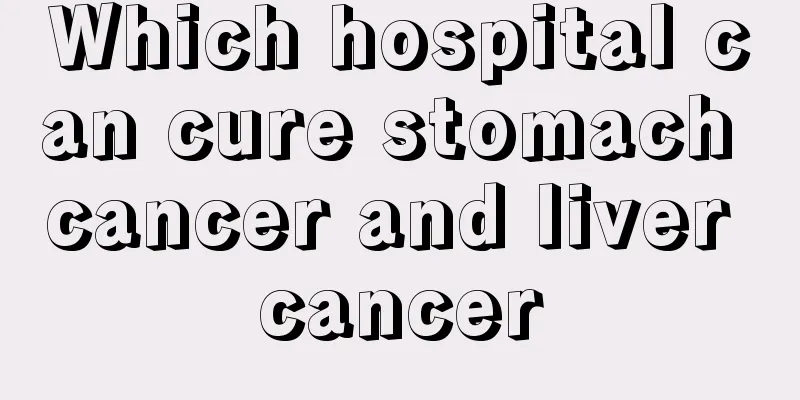What foods are good to eat when diagnosed with lung cancer? Four-stage diet for lung cancer patients

|
Four-stage diet for lung cancer patients Lung cancer patients usually have early symptoms such as coughing, shortness of breath, and blood in sputum. At this time, the digestive system is relatively sound and there is no need to avoid certain foods. The body should be supplemented with comprehensive nutrition, especially protein, to enhance resistance. You can eat more meat, fish, eggs, milk, beans, rice, flour, coarse grains, fresh fruits and vegetables. It is recommended to eat 200-500 grams of cereals, 250 milliliters of milk, 125-250 grams of meat, fish and eggs, 50 grams of soybeans and products, 400-500 grams of vegetables, and 100-200 grams of fruit every day. It is especially important to eat a light diet the day before surgery. Do not eat too much or too full, which is conducive to the recovery of gastrointestinal function after surgery. For a period of time after the operation, the patient should eat more liquid food. Lung cancer is a chest surgery, which has relatively little effect on the gastrointestinal tract, so there is no need to restrict the diet too much after the operation. About 6 hours after the endotracheal tube is removed, you can start drinking a small amount of warm boiled water (one or two sips). If there is no nausea, vomiting, choking, etc., start eating a small amount of liquid food (about 50 ml) every 2 to 3 hours, and then gradually increase each time until 300 to 500 ml, 5 to 6 times a day. On the third day after the operation, you can eat a semi-liquid diet, about 500 ml each time, 5 to 6 times a day. Generally, you can resume a normal diet after 5 days. After radiotherapy and chemotherapy, patients should eat more appropriately. During this period, patients often experience dry mouth, poor appetite, nausea and vomiting, etc., but they should not reduce their food intake. Family members can encourage patients to eat more, mainly with foods that clear away heat and reduce fire, and sweet and cool foods that promote the production of body fluids, such as mung beans, white fungus, and radish. For patients in the advanced stage, the menu should be diversified. Do not be picky eaters and avoid eating the same food all the time. When cooking dishes, family members can work harder on the color, aroma and taste according to the patient's taste. If you feel nauseous when eating, you can chew a few drops of ginger juice before eating. Also keep your bowels open and eat more crude fiber foods, such as asparagus, celery, and bananas. Avoid being too hungry or too full. Chen Xiu reminded that lung cancer patients should avoid spicy, irritating, fried, greasy, and high-calorie foods at any stage, and need to strictly quit smoking and drinking. |
Recommend
There are small itchy bumps on the side of my fingers
Because the weather is very hot and people's ...
What are the precautions after laser melanin removal
In the field of beauty, the application of laser ...
I got skin cancer five months pregnant
Skin cancer is a malignant tumor of the skin. It ...
How long does it take to get pregnant?
Couples who are preparing for pregnancy certainly...
The difference between atrium and ventricle
The heart is an important organ in the human body...
How to use a purple clay teapot for the first time?
As we all know, there are many things with a long...
Does stage 1b lung cancer require chemotherapy? What is the best way to treat lung cancer?
Lung cancer is a common malignant tumor disease. ...
My joints hurt after drinking beer
In my spare time, calling one or two old friends,...
Symptoms and treatments of cystic acne
When I was young, I had all kinds of pimples on m...
Treatment of lung cancer
Treatments for lung cancer include: (1) Surgical ...
Is early kidney cancer hereditary?
Kidney cancer, like other malignant tumors, is he...
Non-surgical treatments for rectal cancer
Rectal cancer is mainly treated with surgery. In ...
Is 37.5 degrees considered a fever?
Under normal circumstances, the human body temper...
Is sodium fatty acid harmful to the skin?
Many people often come into contact with things w...
Are bacteria afraid of boiling water?
There are a lot of bacteria in our lives. As the ...









